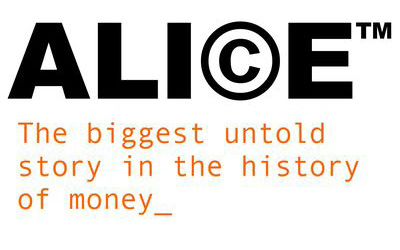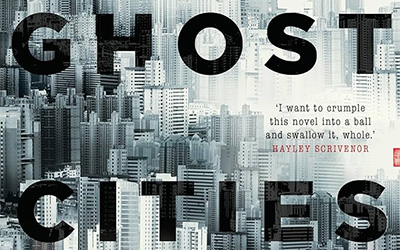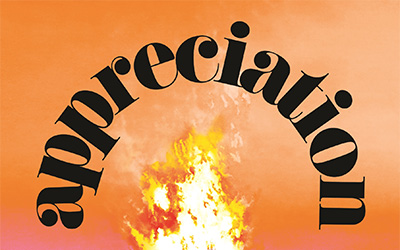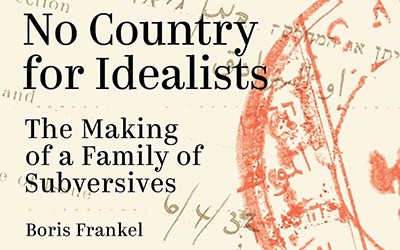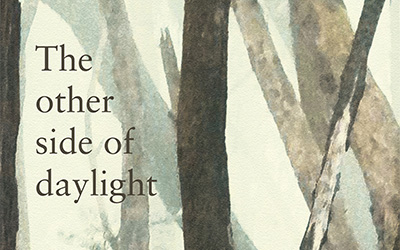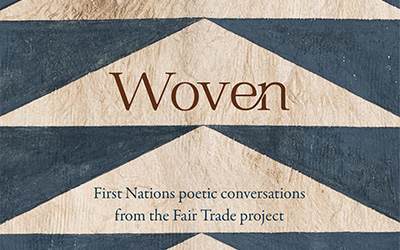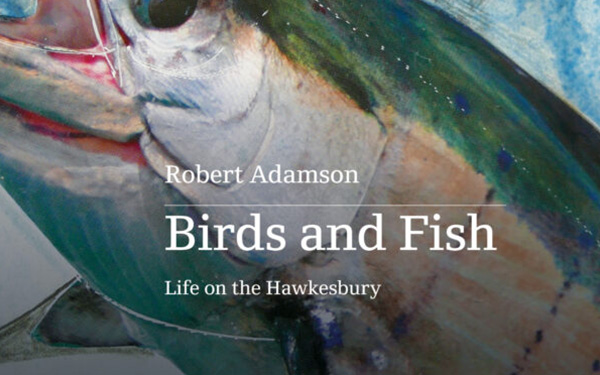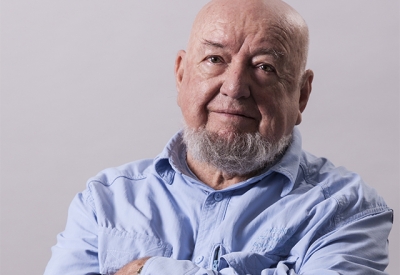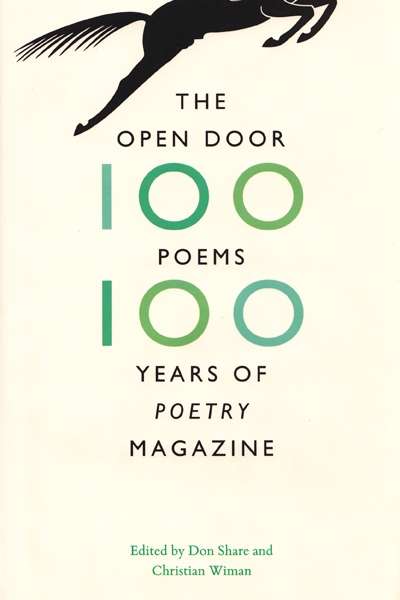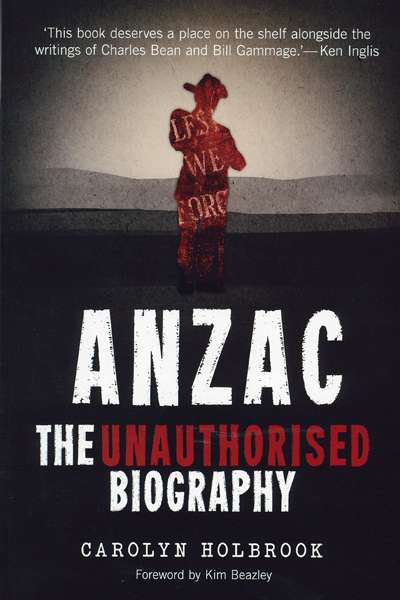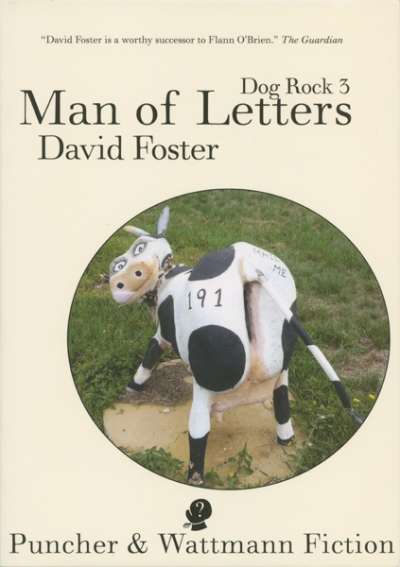Finance
Alice™: The biggest untold story in the history of money by Stuart Kells
by Gideon Haigh
In the last decade, Stuart Kells has become one of Australia’s most versatile and fecund non-fiction writers, responsible for a variety of diverting histories, of enterprises, institutions, and ideas. His thoroughly readable The Library: A catalogue of wonders (2017) was shortlisted for a Prime Minister’s Award; his Shakespeare’s Library: Unlocking the greatest mystery in literature (2018) felt rather more padded, if not unenjoyably so. Books about Argyle Diamonds (2021) and Melbourne University Publishing (2023) have been welcome. I imagine him in a medieval artisanal workshop, a kind of booksmith studiously occupied in multiple, simultaneous pursuits.





